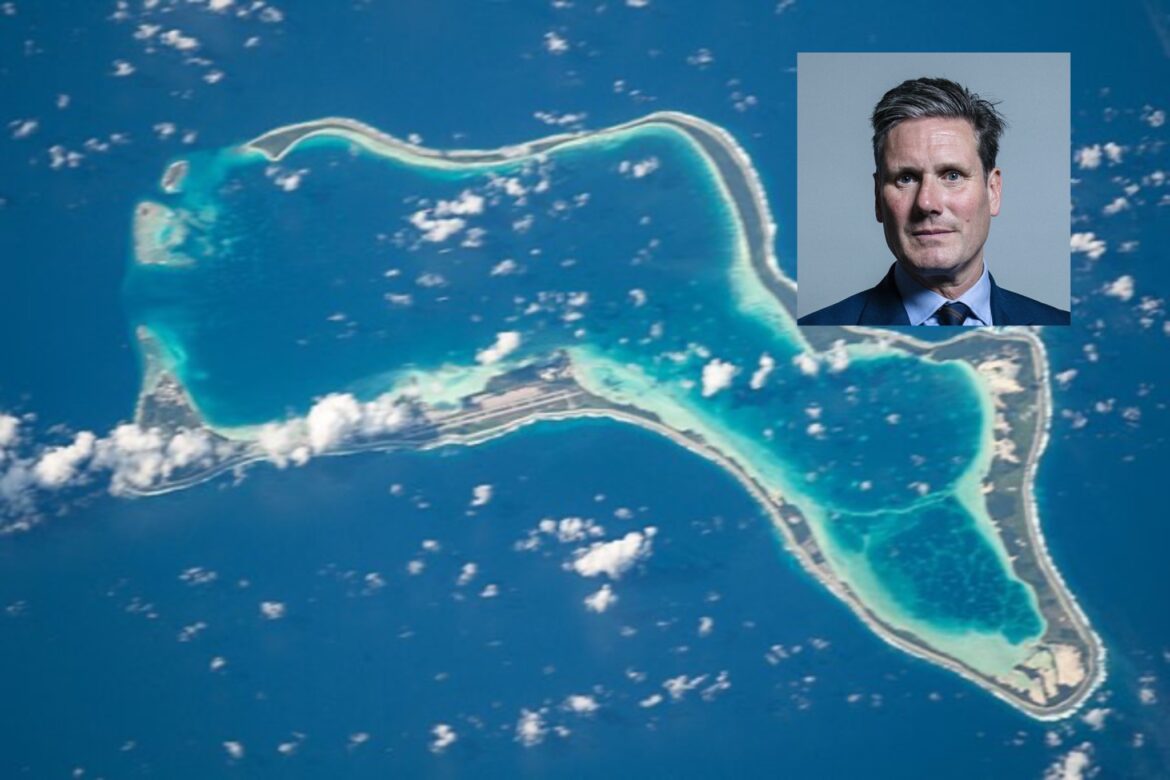A dramatic legal intervention has halted the UK government’s controversial plan to transfer sovereignty of the Chagos Islands to Mauritius. In a ruling that stunned Westminster, a High Court judge granted an emergency injunction at 2:25 AM on May 22, 2025, barring Prime Minister Keir Starmer’s Labour administration from finalizing the handover deal.
The decision is being hailed as a victory for the Chagossian community, many of whom were forcibly exiled from the islands by the British government over 50 years ago to make way for the strategic military base on Diego Garcia.
Inside the Midnight Ruling That Stopped the Sovereignty Transfer
The injunction, granted in the early hours of the morning, came just hours before Foreign Secretary David Lammy was due to sign the final agreement with Mauritian officials. The High Court accepted arguments that the UK government had failed to properly consult with the Chagossian community—descendants of those expelled from the islands in the 1960s and 70s.
The sudden legal decision has thrown the Starmer administration’s foreign policy into disarray, drawing fierce political backlash and raising significant questions about the rule of law, historical accountability, and Britain’s obligations to its own citizens.
Who Brought the Challenge? The Voice of the Chagossians
The legal challenge was spearheaded by Bertrice Pompe and Bernadette Dugasse, both British citizens and descendants of the displaced Chagossians. Represented by human rights lawyers, they argued that the UK government was repeating the same historic injustices that began with their families’ forced removal.
“The government is making the same mistakes it made 60 years ago,” Pompe said after the ruling. “We deserve a say in what happens to our homeland.”
Their case highlighted a glaring oversight: the lack of direct consultation with the Chagossian people—many of whom still live in exile in the UK, Seychelles, and Mauritius.
What Was in the Agreement with Mauritius?
The blocked agreement aimed to resolve a long-standing diplomatic dispute by returning sovereignty of the Chagos Archipelago to Mauritius. However, it included a 99-year lease for the UK and United States to maintain military operations on Diego Garcia, the archipelago’s largest and most strategically vital island.
Under the proposed terms, the UK would also pay Mauritius an estimated £90 million annually for use of the base, a move that critics say effectively monetizes colonial legacy without addressing its humanitarian impact.
Political Fallout: Starmer Government Criticized
The backlash has been swift. Opposition parties, including the Conservatives and Reform UK, condemned the Labour government for pushing the deal without parliamentary approval or public debate.
“This was a secretive, high-stakes handover of British territory, done behind closed doors,” said Reform UK leader Richard Tice. “The High Court was right to step in.”
Even within Labour ranks, there is growing discomfort. Some backbenchers privately expressed concern that the rushed deal undermined trust and transparency.
National Security Concerns and US Interests
At the heart of the controversy is Diego Garcia, a key node in the global defense architecture of both the UK and the United States. The island hosts a joint British-American military base used for surveillance, counterterrorism, and rapid deployment across the Middle East and South Asia.
Any shift in sovereignty—even with a lease-back agreement—raises questions about security protocols, intelligence sharing, and future access.



